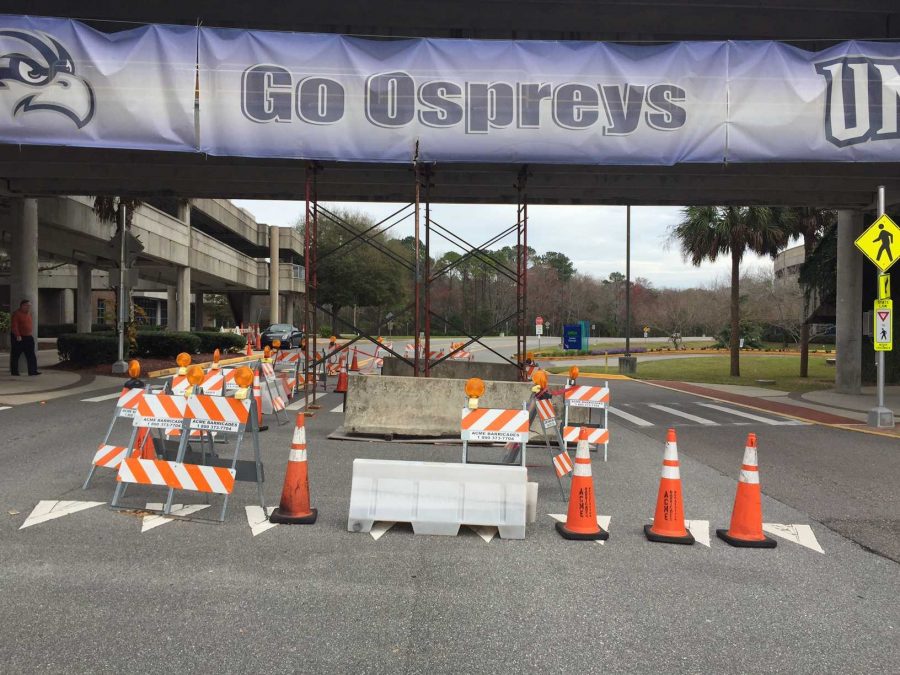The organizations that administer the two most-utilized and influential — for the purposes of college matriculation — national standardized tests, the ACT and the SAT, recently released their report cards for 2009. The results show scant improvement over previous years.
Only 23 percent of high school students met “benchmark” requirements for college preparedness in all four categories constituting the ACT, according to an ACT news release. Florida’s scores underperformed the national figures, as just 15 percent of Florida high school students were prepared to take college courses in reading, writing, arithmetic and science based on their ACT scores.
Meanwhile, SAT scores dropped for the fourth time in five years, falling two points nationally. Florida high school students again lagged behind their peers, scoring 34 points below the average, according to an SAT news release.
National composite scores on the ACT have remained virtually unchanged for the past five years. This pattern reflects a longer trend that has shown scores remaining relatively static over the last decade, according to an ACT analysis.
While conceding that scores have been stagnant, changing by mere decimal points in most years, Ed Colby, ACT senior communications associate, said this stability is a positive sign.
“The number of students taking the ACT is up by 25 percent since 2005,” Colby said.
Given this dramatic increase in the number of students taking the test, the fact that scores have not varied significantly is encouraging because the test is now being taken by a much broader pool of students and broader range of academic preparation, Colby said.
Bryan O’Reilly, the executive director of SAT program relations for College Board, the nonprofit that owns the SAT, also said that he attributed decreased scores to an influx of new test takers.
The decline in SAT reading scores compared to 30 years ago is largely the result of a sharp increase in the number of students taking the test, an increase that began in the 1970s. The current scores are the result of a much more representative group of students going on to college and taking the SAT, O’Reilly said.
During the past decade, SAT scores have changed very little overall, going up and down marginally, mirroring the ACT.
This continuity of scores may be seen as a positive to test administrators, given the record numbers of students now taking the respective tests, but critics aren’t convinced.
Effects of No Child Left Behind
To the contrary, these stationary scores are indicative of the flaws of using standardized tests to measure the college readiness of high school students and the inefficacy of government education policies that focus on testing, such as the No Child Left Behind Act, said Bob Schaeffer, spokesman for the National Center for Fair and Open Testing (FairTest), a group that advocates making tests optional for college admissions.
“Schools improved faster before No Child Left Behind than after [the program began],” Schaeffer said.
“[No Child Left Behind] undermines educational quality and equity,” and is a “stupid mandate” that has failed to improve the nation’s education system, he said.
Schaeffer said that the lack of marked improvement on national test scores is proof that standardized-test-centric programs like No Child Left Behind are unsuccessful when it comes to making schools better.
“The problem is political. No Child Left Behind is a top-down, one-size-fits-all, magic solution that doesn’t work,” Schaeffer said.
Validity of standardized tests
Controversy over the predictive value of standardized testing has also emerged. Statistics in both the ACT and SAT reports show that the higher the student’s family income, the higher the student’s test score.
But wealth is not as strong an indicator as other factors, according to test administrators.
“There is a correlation, a link, between socioeconomic status and higher test scores, but it’s not nearly as strong as the link between SAT scores and [high school] grades,” O’Reilly said.
College Board and selected universities around the country, such as the University of Minnesota, have conducted “validity studies” that show the SAT being the best predictor of freshmen college grades, another sign legitimating testing, O’Reilly said.
The school a student attends is the most important factor contributing to higher scores on the ACT, Colby said.
But not everyone accepts these explanations.
“There is a straightforward correlation between higher income and higher test scores … [kids from] well-to-do families in well-to-do suburbs do well [on the ACT and SAT],” Schaeffer said.
There are now 820 colleges and universities that have adopted a “test-optional” admissions approach that does not require an ACT or SAT score for admittance, according to the FairTest Web site.
Despite the increase in the “test-optional” rubric, UNF will not be moving away from standardized testing as an admissions requirement any time soon.
UNF is bound by Florida law to mandate that prospective students take at least one of the national tests, although the admissions criteria is based on a combination of factors, said John Yancey, UNF’s director of admissions.
“Truth is, it [the admissions process] is very individualized” and UNF evaluates prospective students on a “case-by-case basis,” Yancey said.






















